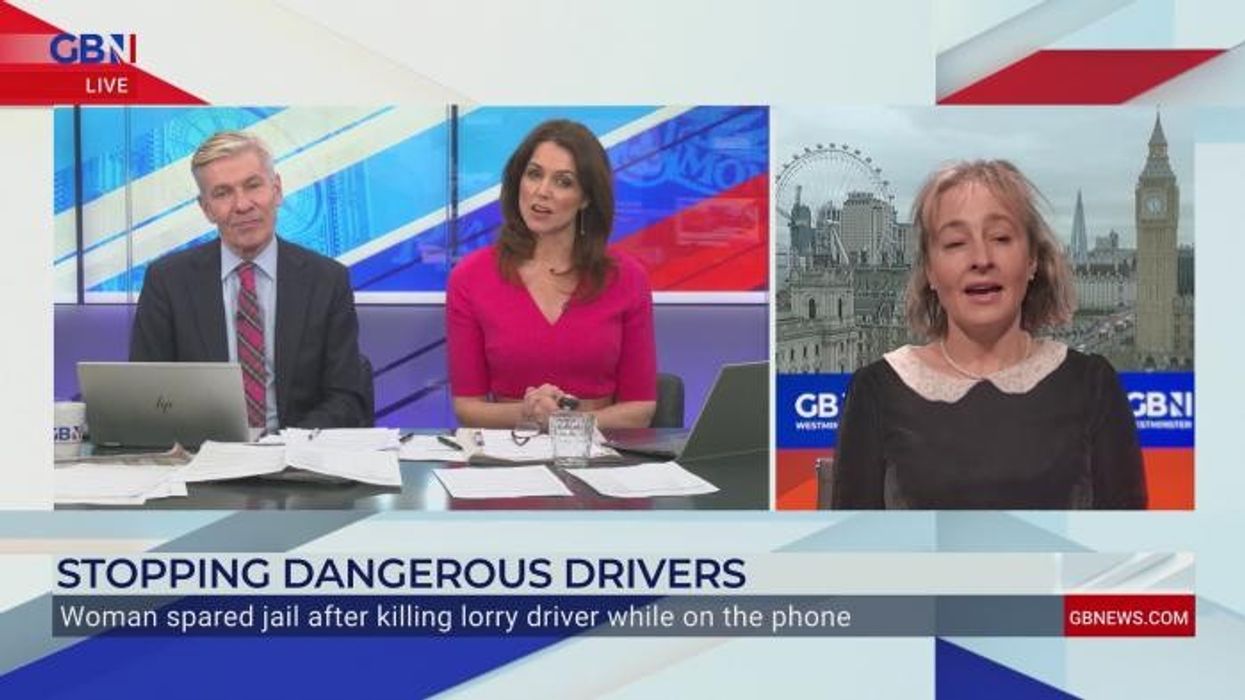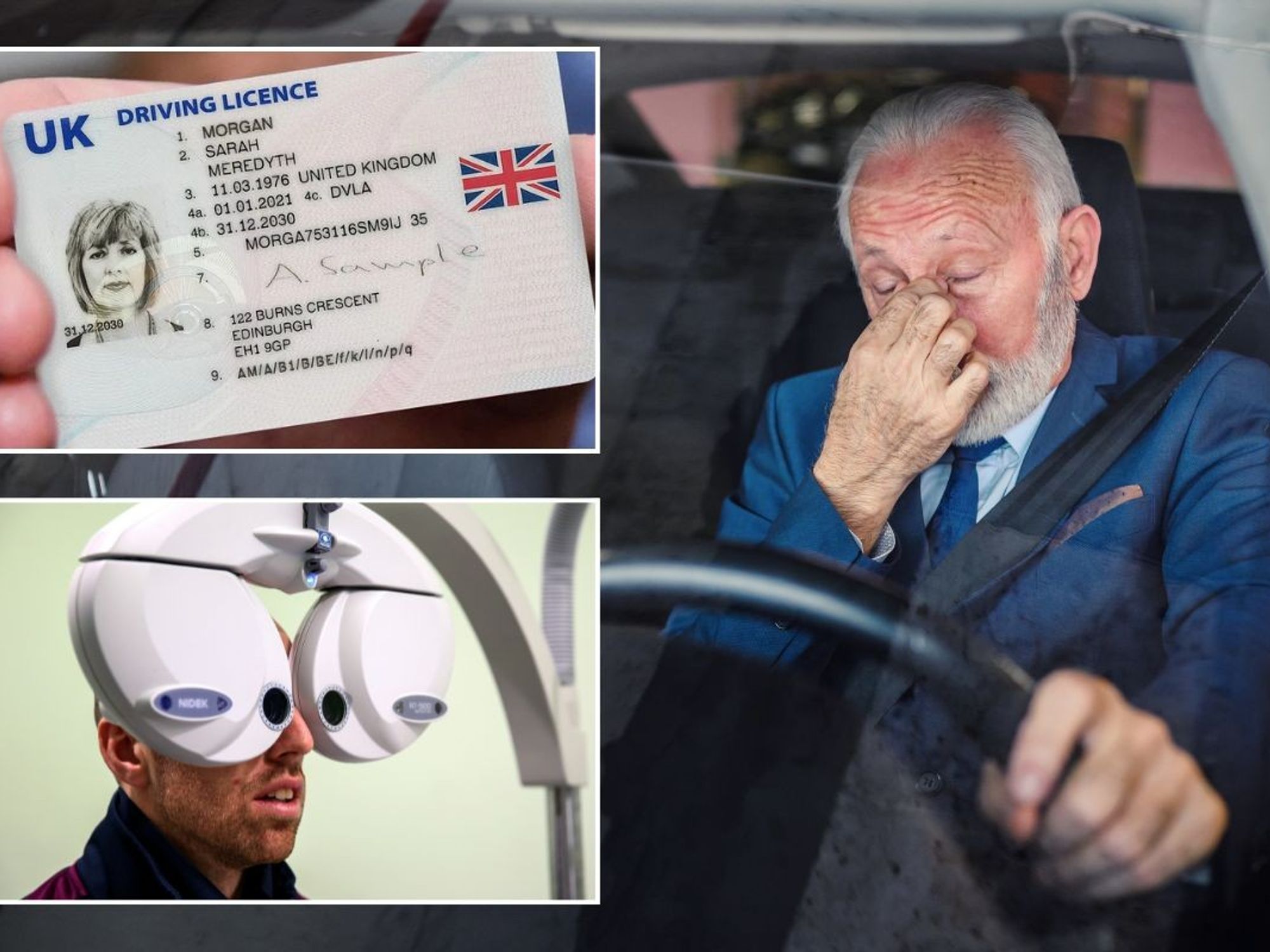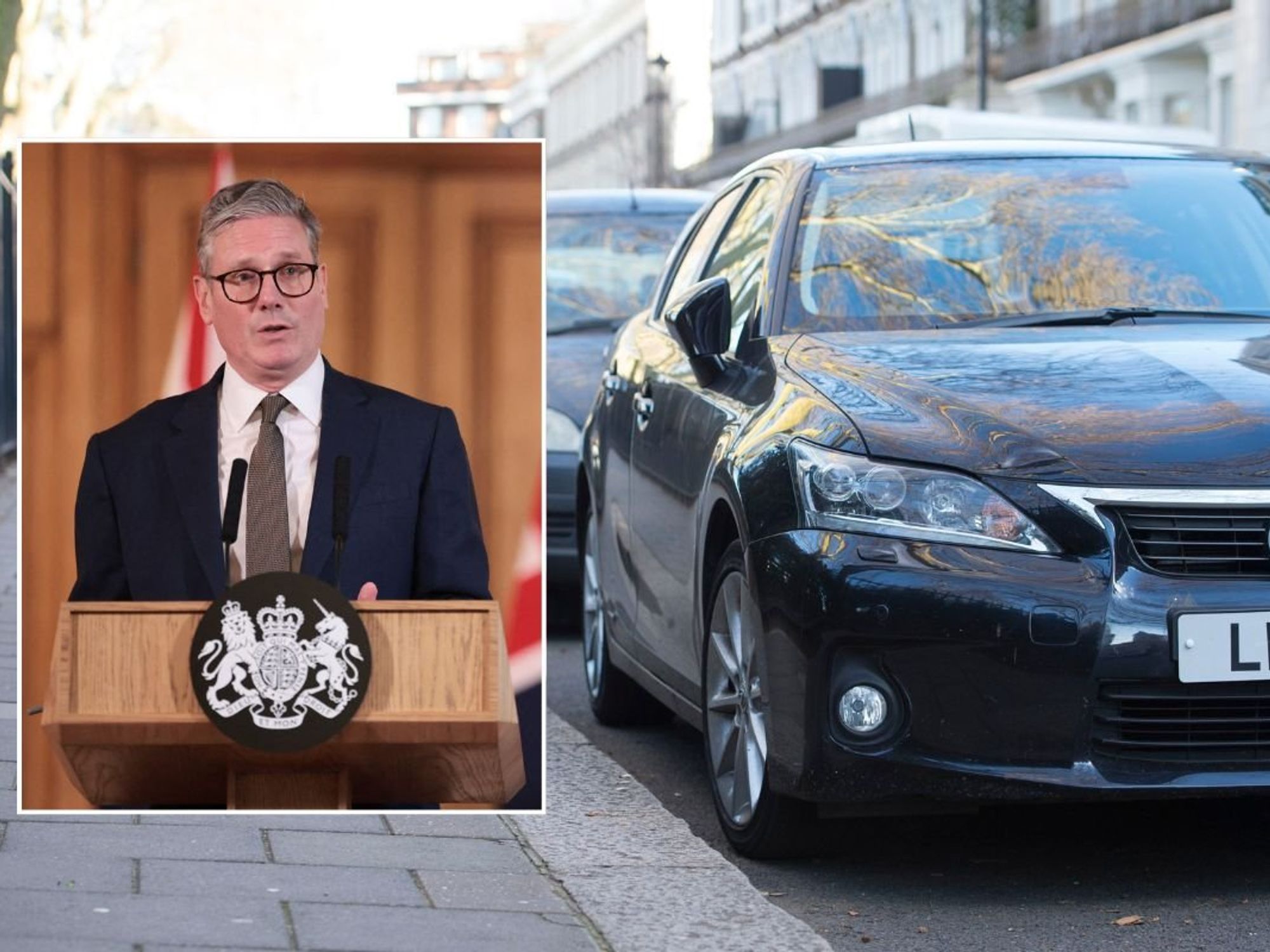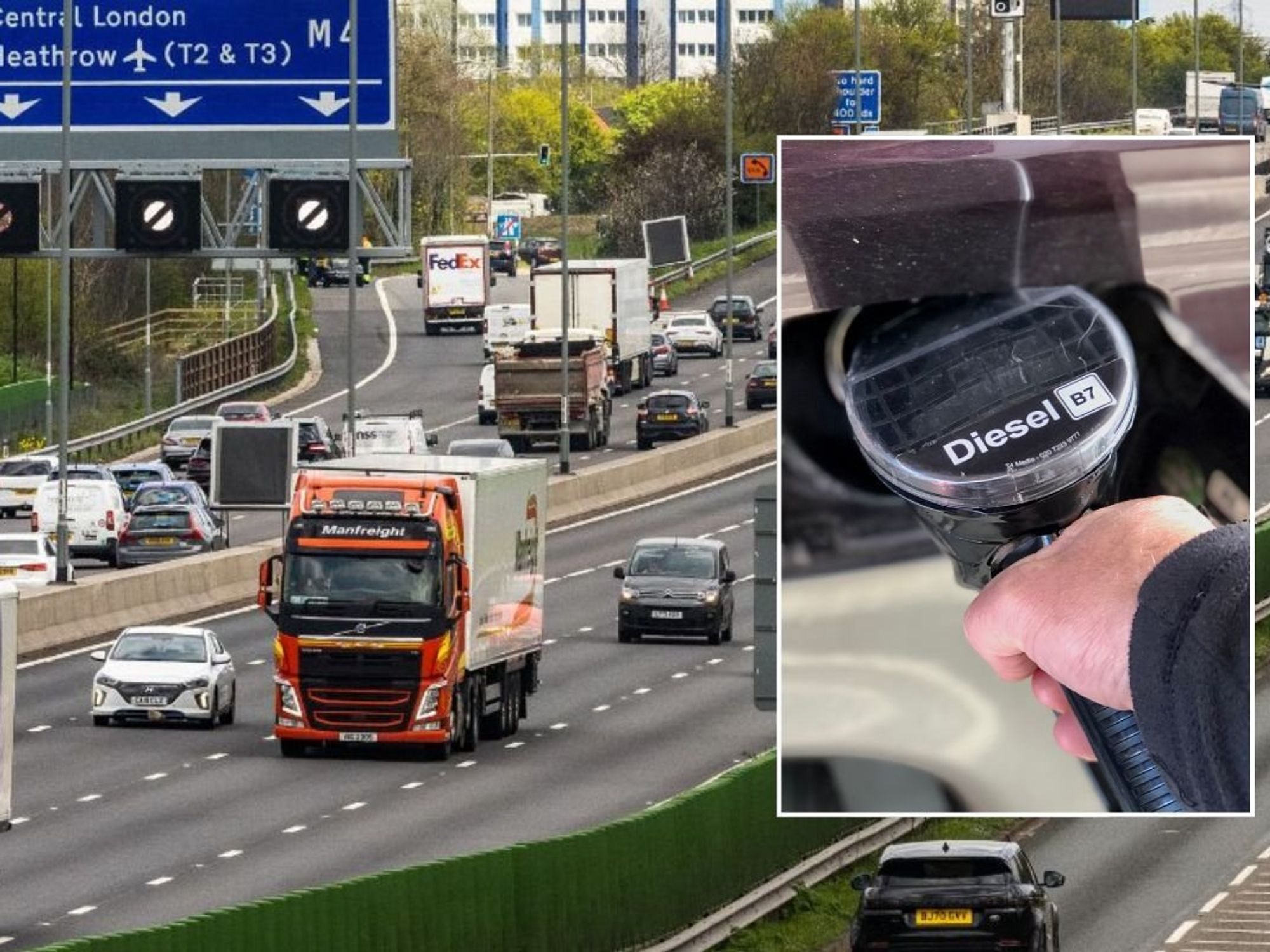Britons face £1,000 fine for failing roadside test amid calls for mandatory eye checks every two years

Police forces around the country have been rolling out roadside eye tests in recent months
Don't Miss
Most Read
Latest
Motorists are being warned that they could be slapped with a £1,000 fine if they fail roadside eyesight tests as police forces crackdown on dangerous drivers.
Britons must wear glasses or contact lenses every time they drive if they are necessary to meet the "standard of vision for driving".
According to GOV.UK rules, drivers must tell the Driver and Vehicle Licensing Agency (DVLA) if they have any problems with their eyesight that affects both eyes, or the remaining eye if they only have one.
However, drivers are not required to inform the DVLA if they are short or long-sighted, colour blind or have had corrective surgery to meet eyesight standards.
Do you have a story you'd like to share? Get in touch by emailing motoring@gbnews.uk
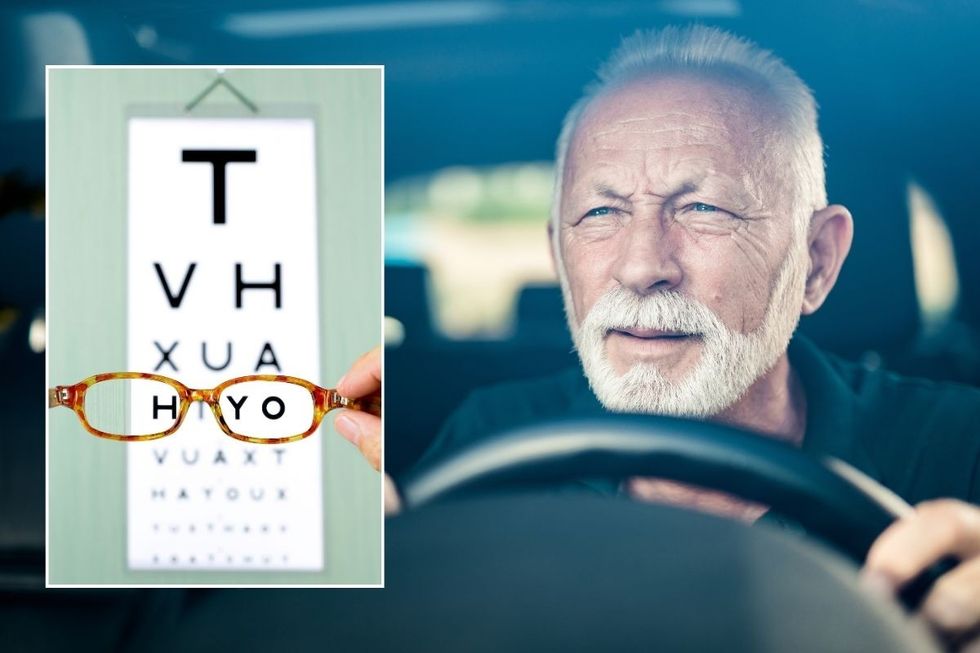
Experts are urging Britons to ensure their vision is suitable for driving
|GETTY
People must be able to read a car number plate made after September 1, 2001, from 20 metres. They are able to use glasses or contact lenses if they are necessary.
Ian Wilson, Managing Director and car insurance expert at Tiger.co.uk, has warned that motorists may be taking risks by driving without the proper vision standards.
According to data from the Association of Optometrists, over 2,000 drivers in the UK were involved in accidents due to poor vision, causing almost 3,000 casualties.
Wilson added: "These strict regulations and new roadside checks are designed to increase road safety and make sure everyone on the road is fit to drive, with penalties ranging from £1,000 fines to driving bans.
"Maintaining good eye health is essential for driving and key to passing these roadside eye tests. Regular eye tests can detect vision loss and eye problems earlier, while also ensuring you have the correct prescription for glasses or contact lenses."
Police forces around the country are also becoming more proactive in launching roadside eye tests to ensure that everyone behind the wheel is driving in a safe manner.
This has been echoed by the AOP, in addition to needing to have eyes tested at least every two years, having a test when they renew their licence and introducing a standardised reliable test, rather than the number plate check.
As with driving licences, the AOP has suggested that drivers should be legally required to have their vision checked when renewing every 10 years. This would be every three years for those over the age of 70.
Adam Sampson, chief executive of the AOP, said: "It's deeply concerning that a 17-year-old who can read a number plate from 20 metres away when they take their driving test, may continue to drive with no further checks for the rest of their life.
"We have to ask ourselves why the UK system, which relies on self-reporting and a number plate test, continues to operate under a law first introduced in 1937 to the detriment of individuals' safety."
The UK, alongside Austria, Belgium, the Czech Republic, France, Germany and Sweden are the only countries where someone does not need to take an additional vision test after they get their licence.
Wilson also stressed the importance of having a spare pair of glasses in their glovebox for emergencies.
LATEST DEVELOPMENTS:
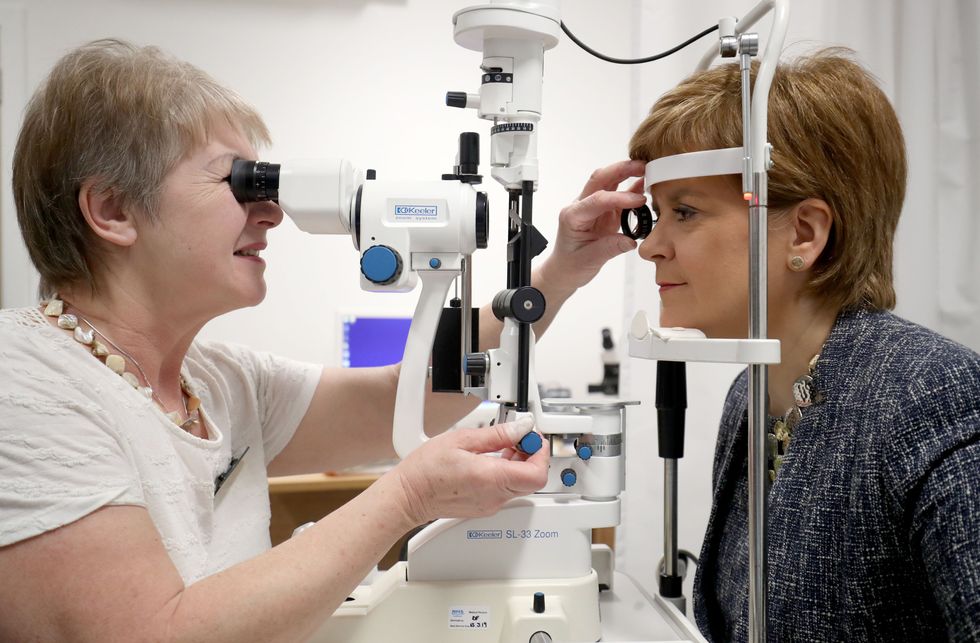
Motorists are encouraged to get their eyes checked every two years
| PAThis should be the case across the whole year, with sunglasses a necessity in the summer months, although they must have the correct lens for driving.
The expert continued, saying: "Winter sun can be dangerous behind the wheel if you aren’t prepared."


